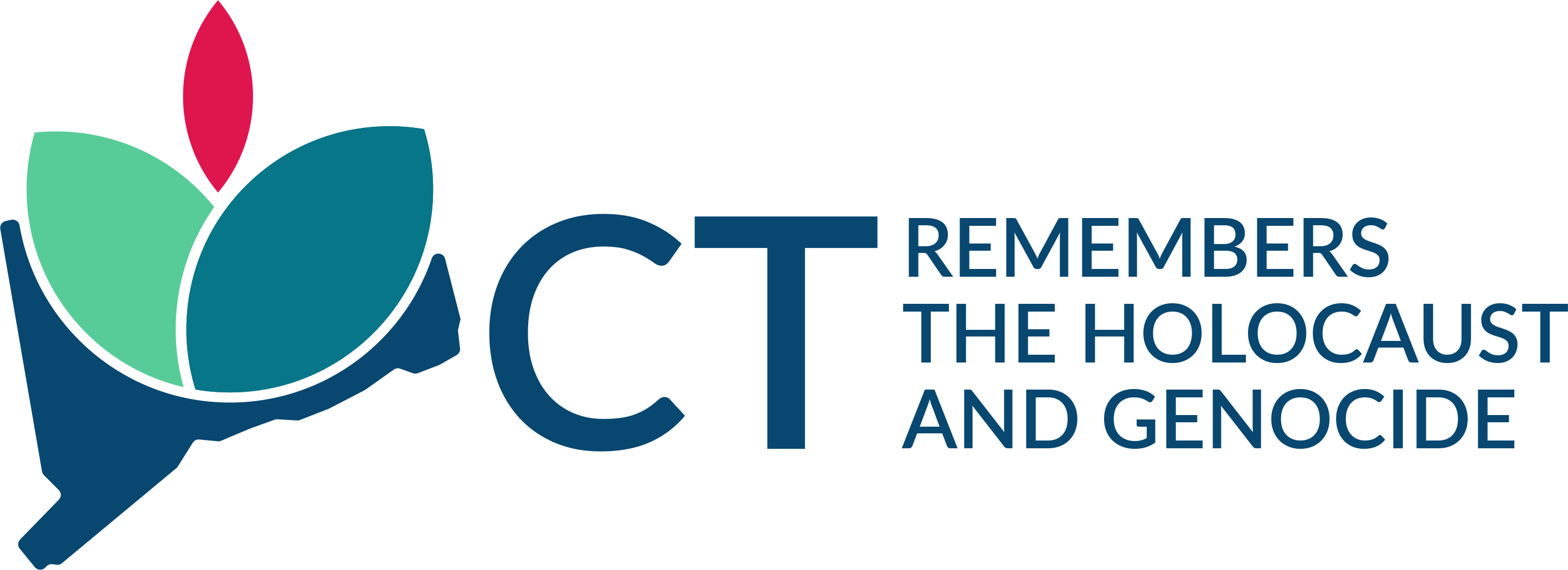Middle School Lessons on the Holocaust & Genocide (World Regional Studies)
Understanding Refugee Experiences Through Identity and Empathy
This module explores the refugee experience through the lenses of migration, identity, and humanization. Students will investigate the historical and contemporary reasons why people are forced to leave their homes, examining economic, political, environmental, and social factors that contribute to displacement. Students will develop empathy and a deeper understanding of refugee lives through personal narratives, literature, media, and class discussions, moving beyond statistics and headlines.
The module encourages critical thinking about how identity—cultural, national, religious, and personal—shapes the experiences of refugees and influences how they are perceived and treated by others. By engaging with diverse refugee stories, students will reflect on how individuals maintain, adapt, or redefine their identities in new and often challenging environments.
Overarching Questions:
- Why do people migrate?
- How can we humanize refugees?
- How does identity help us to understand the complexities of refugee life?
Through these questions, students will gain insight into the broader implications of migration and displacement and consider their own role in fostering inclusive and compassionate communities.
Lessons:
Critical Thinking Check:
- What lesson did you learn about refugees from the Holocaust that apply to refugees today?
- What is the responsibility of individuals, groups and governments to address human rights issues today?

herocenter@ctvoicesofhope.org | 860.470.5591
20 Waterside Drive, Suite 100, Farmington, CT 06032
